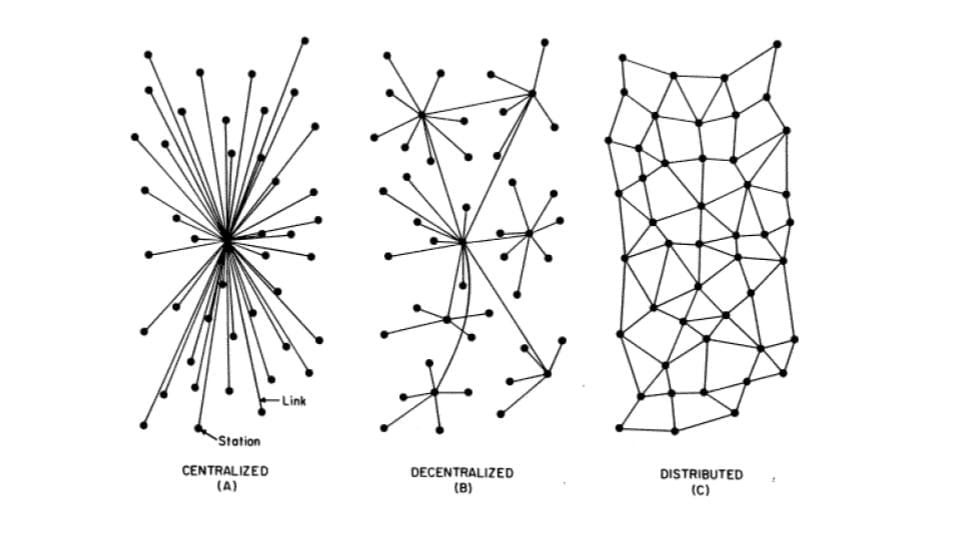Internet on Mars and Interplanetary File System 🌌📡🚀🌐💻
The InterPlanetary File System, or IPFS for short, may seem like a pretentious name, but is it really?
The current architecture of most internet services relies on sending queries to a central server. Even if it is located across the ocean, we are able to start data transfer within a fraction of a second.
But what if the user is much, much further away from the server? For example, on another planet. The average distance between Earth and Mars is 225 000 000 km and depends on the current positions of the planets on their orbits. If we were to send data to Mars at the speed of light (around 300 000 km/s), the first data packets would arrive after 750 seconds, or 12.5 minutes. The time needed to send the query and receive a response would be twice as long. Waiting that long, for example for a website to load, exceeds the patience of most internet users.
Using Earth’s internet, in its current form, would be quite cumbersome for the first inhabitants of Mars.
What is the situation when using IPFS?
In the case of using IPFS, only the first Martian who decides to go to a page hosted on the Interplanetary File System will have to wait 25 minutes for it to load. Every subsequent person will be able to download the data “locally”, without the need for transmission from Earth.

We have several possible ways of sharing data:
- A - central server (the model currently most commonly used)
- B - decentralized model
- C - distributed model
In the case of the Internet on Mars, model A is not very practical. IPFS allows you to use both of the remaining options.
Model B means using IPFS gateways. Currently (for now, only on Earth;)), we have at least a few large IPFS gateways. In addition to the main project gateway, there are also alternatives offered, free of charge, by companies such as Cloudflare, Infura, or Pinata. Setting up your own IPFS gateway is a relatively simple task for an average IT industry employee, so there are also many alternative gateways offered by smaller companies, or even hobbyists.
Model C requires installing the appropriate software on the computer, but it can coexist peacefully with model B.
IPFS today
That’s it for Mars and the futuristic vision of using the internet there. What does IPFS give us on Earth today?
- Resistance to censorship
- Maintaining articles online as long as they have readers, even if the publisher stopped hosting them
- The ability to create websites without incurring hosting costs
- Easier access to content in developing countries
This article is also on the IPFS network (updated using IPNS) and will remain here. You can easily add your own article as well.
Interesting IPFS projects
- IPFS Desktop - Easy installation of IPFS without knowledge of the command line
- Hardbin - Something like Pastebin, but with copying to IPFS
- D.tube - YouTube competition
… and many other awesome projects
Meehow